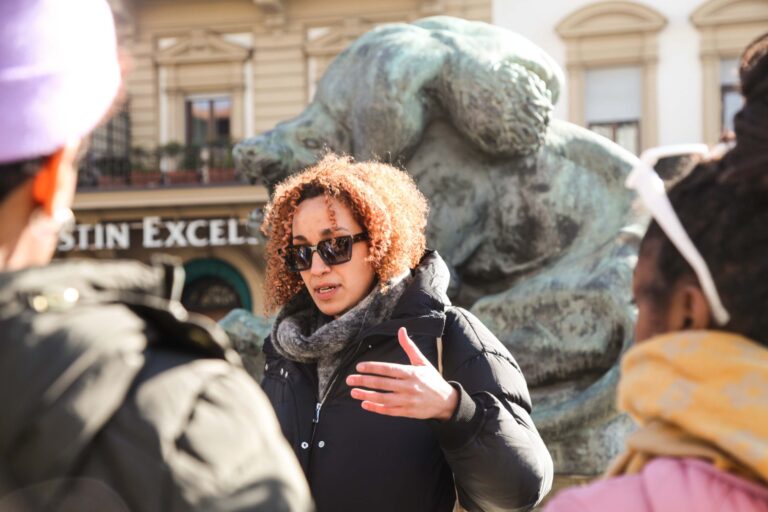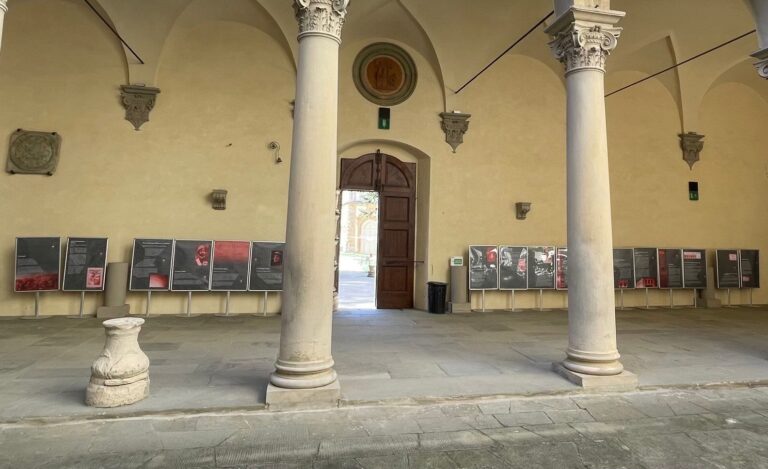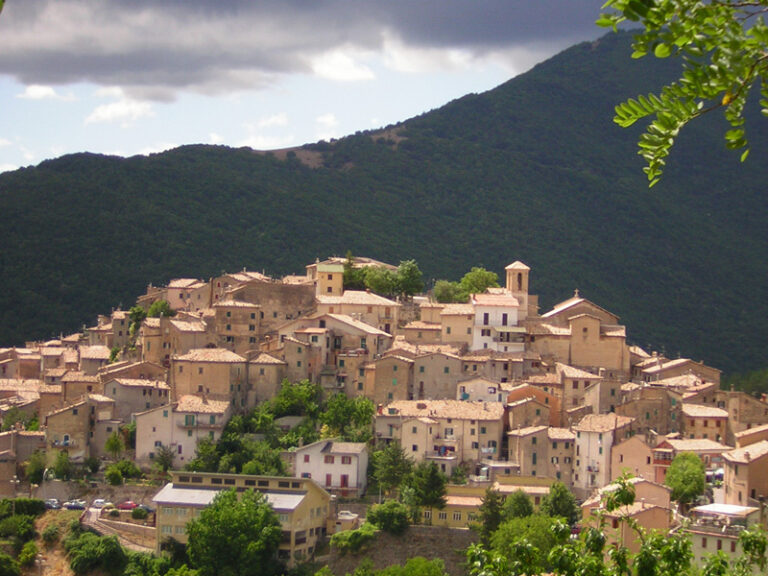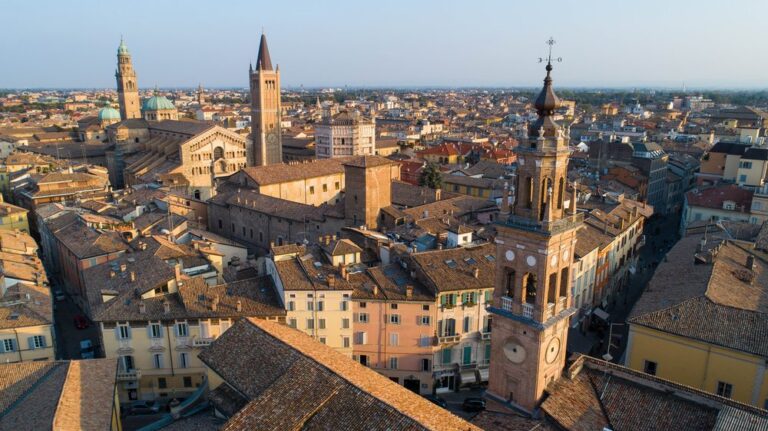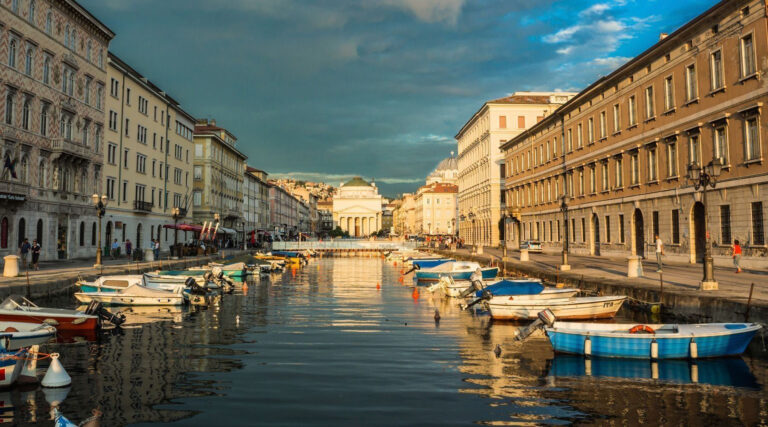Publications and references
Publications about Postcolonial Italy Budasz, Daphné. (2023) “Relocating violence: a reflexion on the mapping of colonial traces in Italy,”Austrian Jour-nal of Historical Studies (OeZG), 34(1), 256–265. Wurzer, Markus. (2023) “(Counter-)Narratives of Violence. Colonial Legacies and Activism in Italy’s Public…
